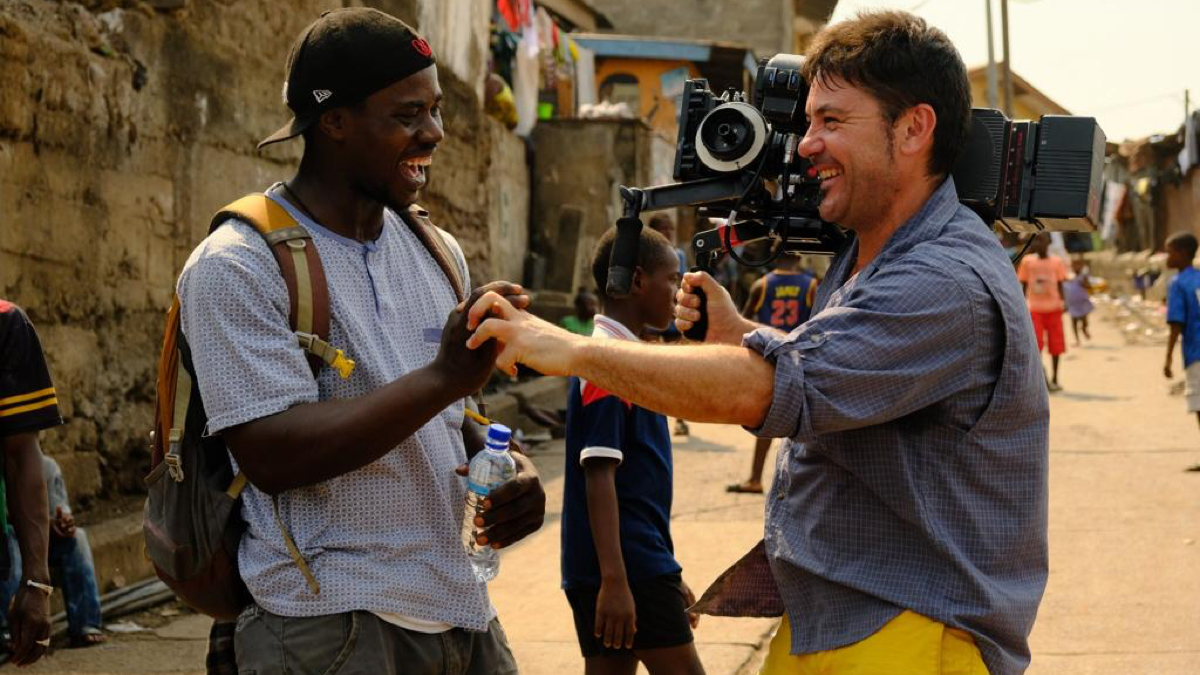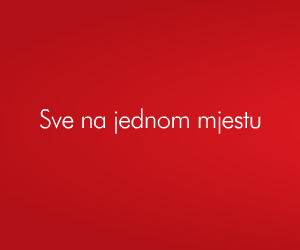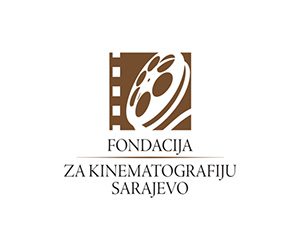
19/08/2020
Raúl de la Fuente: The Oscar nomination puts a lot of pressure on me
Spanish director Raúl de la Fuente said that hell on earth was in Freetown, the capital of Sierra Leone, in Pademba Road prison, where more than 2,300 prisoners, many of them sick, survive in a monument to inhumanity, built for 300 people. Film ‘Hell’ that is going to be screened at 21stMediterranean Film Festival, immerses into the darkness of Padembe to show the misery, injustice and relentless jaws of barbarism in a story that shows the exact opposite of what society should be. With this story, De la Fuente rose to the very top again, winning the Goya Award for the Best Short Documentary Film. In addition to this one, the director from Navarra already has two Goya awards in his collection, as well as an Oscar nomination.*It is a great honour, I cannot be falsely modest and say that awards don't mean anything.I am very proud, but it also puts a lot of pressure on me. My biggest fear is always the audience, that’s the most important part for me, because I want to offer them my story and connect with them.
How did you know about the existence of Pademba Prison?
I knew about the existence of this place through the work of photographer Fernando Moleres, and the idea of making a documentary came to me exactly in Freetown.I was there doing another documentary about girls in prostitution with Argentinean Salesian Jorge Crisafulli, and he told me that they also worked in prison to try to help prisoners who were at a disadvantage.
How did you feel when you first entered the prison and how did the inmates react to the cameras?
It was hell. In some way we represented joy to the prisoners. We interrupted their daily routine which was quite boring.At the same time, they saw an opportunity to tell their stories and decided to confide their problems to the camera.
You say that Sierra Leone is a country of reverse logic?
Yes, they go so far there that you need to prove your innocence, not your guilt. When talking about children, there is no law. They have no homes, no families and are forced to live on the streets. When certain problems come, the authorities must always determine the perpetrator.Less important is the fact that the one who is arrested is not the perpetrator of that crime. It is important to imprison somebody, no matter the guilt.
How did they even let you film, the prison wardens?
It seems to them that this whole story is not that unusual or unfair.I owe the entry into the prison to a friend who worked as a volunteer in this prison, trying to help people with a focus on juveniles. He had good relations with the prison wardens and we got permission to enter the prison and start filming through him.
Is Chenna the only light of hope in this film?
Yes, he is my friend. After he confided his story to me, I decided to make a film about him as well, not just about the prison.My goal is and was to find someone who was inside and survived that hell, someone who is free now.Also, his story is all the more interesting because he goes back to that hell again and decides to help the prisoners.
Did he see the film?
Of course. He loved it and was very proud. All the recognition we received means a lot to him, because he is the soul of this story. Also, we give all the money we get from the prizes to him. We have already bought the land and we plan to build a house for, which makes him very happy.
*Interview from Večernji list


